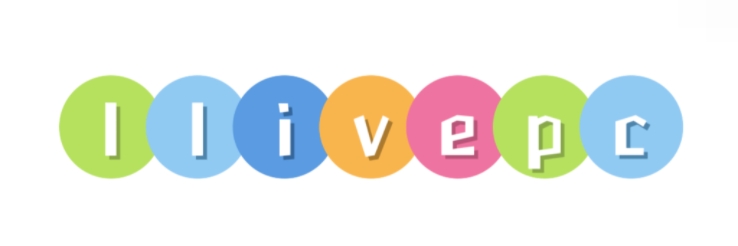Phenolic Foam Insulation: The Ultimate Guide to Energy Savings
Nov. 12, 2025
When it comes to energy efficiency in buildings, one material stands out for its impressive performance: phenolic foam insulation. This guide aims to explore the various benefits of phenolic foam insulation and how it can contribute to significant energy savings.
If you are looking for more details, kindly visit phenolic foam insulation.
What is Phenolic Foam Insulation?
Phenolic foam insulation is a type of rigid foam insulation made from phenolic resin, which is renowned for its low thermal conductivity, fire resistance, and exceptional dimensional stability. These properties make it an ideal choice for various applications, including walls, roofs, and pipe insulation.
Key Benefits of Phenolic Foam Insulation
1. Superior Thermal Performance
With a thermal conductivity of approximately 0.020-0.024 W/m·K, phenolic foam insulation offers one of the lowest thermal values among insulation materials. This means that it can effectively prevent heat transfer, keeping buildings warm in the winter and cool in the summer, thus significantly reducing energy consumption and costs.
2. Fire Resistance
Phenolic foam is inherently fire-resistant due to its chemical structure. It does not support combustion and can be utilized in settings where fire safety is paramount. Its ability to withstand high temperatures without releasing toxic smoke makes it suitable for commercial and industrial applications.
3. Moisture Resistance
One of the souvent overlooked aspects of insulation is its moisture resistance. Phenolic foam insulation does not absorb water, helping to prevent mold growth and maintaining its thermal performance over time. This characteristic is particularly beneficial in humid climates or areas prone to water exposure.
If you want to learn more, please visit our website Shengquan.
Applications of Phenolic Foam Insulation
Phenolic foam insulation is versatile and can be used in various applications:
- Building Insulation: Ideal for wall and roof cavities.
- Industrial Applications: Used in refrigeration and HVAC systems.
- Pipe Insulation: Effective for insulating hot and cold water pipes.
Cost-Effectiveness of Phenolic Foam Insulation
While the upfront cost of phenolic foam insulation may be higher than traditional materials, its long-term benefits offset the initial investment. Reduced energy bills and enhanced durability translate into significant savings over time. According to recent surveys, 75% of users reported a noticeable decrease in energy costs after installing phenolic foam insulation.
Trends in the Use of Phenolic Foam Insulation
Recent trends suggest that the demand for energy-efficient building materials is on the rise. With environmental regulations becoming stricter and consumers becoming more eco-conscious, the popularity of phenolic foam insulation is expected to grow. Notably, a considerable percentage of participants surveyed indicated that sustainability played a significant role in their decision to choose phenolic foam insulation over other types of insulation.
Conclusion
Phenolic foam insulation is a powerful tool for achieving energy efficiency and cost savings in building projects. Its excellent thermal performance, fire resistance, and moisture control make it a superior choice for a wide range of applications. By investing in phenolic foam insulation, property owners not only enhance comfort but also contribute to a more sustainable future.
For those interested in maximizing energy savings and making environmentally responsible choices, exploring phenolic foam insulation is a crucial step.
With competitive price and timely delivery, Shengquan sincerely hope to be your supplier and partner.
97
0
0


Comments
All Comments (0)